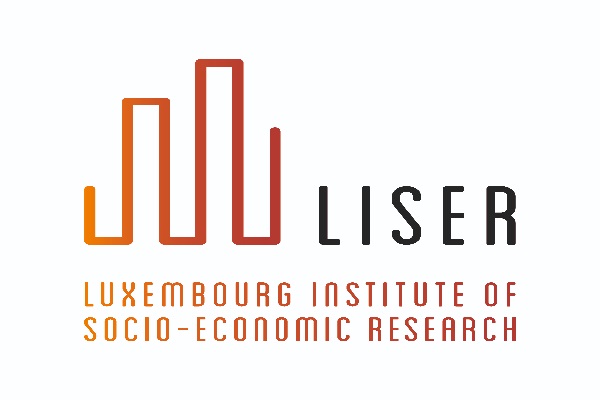
On Monday 27 May 2024, the Luxembourg Institute of Socio-Economic Research (LISER) published a study on the origins of socio-economic inequality, analysing the experience of twin families.
Major economic shocks such as the current recession and the recent pandemic can exacerbate economic inequalities and disrupt social cohesion. These negative effects disproportionately affect children from less educated backgrounds, threatening to restrict social mobility and widen inequalities for future generations, LISER stressed. To meet these challenges effectively, policies must aim to ensure equal opportunities for all, regardless of background. To achieve this, LISER noted, it is necessary to have a clear understanding of the underlying factors that cause and sustain inequality.
The paper uses reliable registry data from Denmark to shed light on the roots of socio-economic inequality, focusing on the roles of genetic (heritability) and environmental factors. Twin studies are a key method used to compare identical twins (who share almost all their DNA) with fraternal twins (who share about half). This comparison is used to determine the extent to which differences in outcomes, such as education or income, can be attributed to genetics or environmental factors, LISER added.
The accuracy of twin studies relies on the assumption that identical and fraternal twins grow up in similarly influential environments. If this assumption is wrong (especially if identical twins are exposed to more similar environments than fraternal twins for reasons other than genetics) it can lead to an overestimation of heritability. This makes it harder to distinguish between the genetic and environmental causes of inequality, according to LISER.
In this note, the authors use a twin family model that links twins to their spouses and children. This approach makes it possible to relax the assumption of an equal environment and to offer more precise estimates of genetic and environmental effects. The results indicate that traditional twin studies probably overestimate the heritability of characteristics such as level of education, earnings, income and wealth. In contrast, the results of the twin study reveal that environmental factors, in particular family background, play a more important role in explaining inequalities in socio-economic outcomes than has previously been recognised. These results highlight the potential effectiveness of policy interventions aimed at improving environmental conditions in order to reduce inequalities. Analysis of the dynamics of intergenerational mobility in the Danish context may provide valuable insights for countries with higher inequality and lower social mobility, such as Luxembourg, which has one of the lowest rates of social mobility in Europe, LISER concluded.








